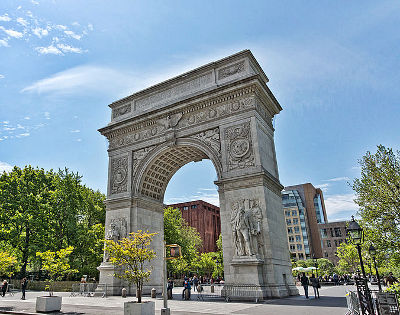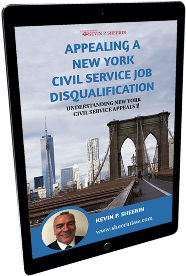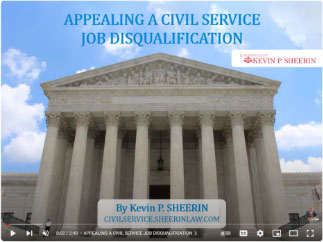When the Civilian Complaint Review Board (“CCRB”) substantiates allegations of misconduct against a NYPD member, it can recommend the following types of discipline, in descending order of severity:
- Charges and Specifications are recommended for the most serious allegations of misconduct. Charges launch an administrative prosecution in the NYPD Trial Room. An officer may lose vacation days, be suspended, or terminated if he is found guilty.
- Command Disciplines are recommended for misconduct that is more problematic than poor training, but does not rise to the level of Charges. An officer can lose up to ten vacation days as a result of a Command Discipline. There are two types of Command Discipline, Schedule A and Schedule B. Schedule B is the more serious of the two.
- Instructions or Formalized Training are the least severe discipline, often recommended for officers who misunderstand a policy. This determination results in training at the command level (Instructions) or training at the Police Academy or NYPD Legal Bureau (Formalized Training).
The decision is based on the officer’s disciplinary history, CCRB history, performance evaluations and the seriousness of the misconduct.
When the Board has recommended Instructions, Formalized Training or Command Discipline, the case is sent to the NYPD Department Advocate’s Office to impose training and/or other penalties. Cases where the Board recommends charges are prosecuted by the CCRB’s Administrative Prosecution Unit.
CCRB complaints and discipline are recorded in officers’ personnel records and can affect assignments and promotions.
If you have received a NYPD disqualification and would like to schedule a free consultation, please contact me at 516 248 0040.
Email: kevin@www.sheerinlaw.com
Website: www.sheerinlaw.com
Blog: civilservice.www.sheerinlaw.com
Facebook: Law_Office_of Kevin_P._Sheerin
Twitter: @DQLawyer
My podcast about New York State Civil Service Law issues is: www.newyorkstatecivilservicelawattorneypodcast.com




